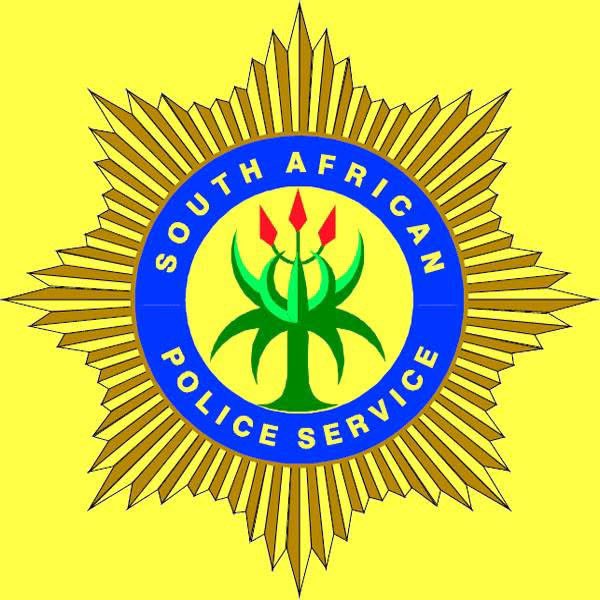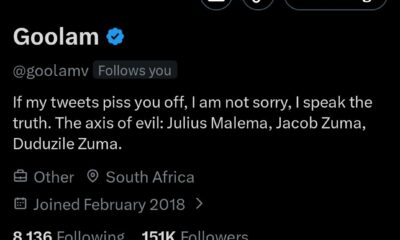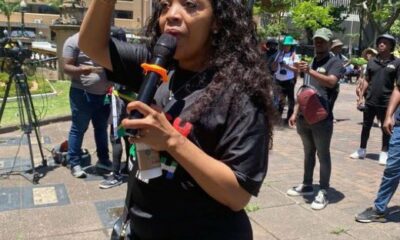News
Withdrawn GBV Cases ‘Let Perpetrators Walk Free’, Warn Gauteng Officials

Police and lawmakers urge communities to stand with victims and stop pressuring them into silence
In the quiet town of Fochville, west of Johannesburg, something deeply troubling is unfolding and it’s not isolated to just one police precinct. Over 60 gender-based violence (GBV) cases have been withdrawn in recent weeks, according to SAPS. And across Gauteng, the pattern is hauntingly familiar.
On a recent oversight visit, the Gauteng legislature’s Portfolio Committee on Community Safety sounded the alarm: survivors are being pushed to drop charges, often through intimidation, family pressure, or even bribery. The result? Alleged abusers remain free and the cycle of violence continues.
Why Are GBV Victims Withdrawing Charges?
The committee said what many on the ground already suspect: financial pressure and community coercion are leading many victims to settle GBV cases “privately.”
“These withdrawals are often driven by financial inducements from perpetrators and pressure from families, who encourage victims to resolve matters privately,” the committee stated.
This form of informal justice, while sometimes well-intended, undermines the criminal justice system and leaves survivors dangerously exposed. Police say it’s not just about paperwork, it’s about public safety.
A Broken Pipeline: From Police Station to Courtroom
Data from the Civilian Secretariat for Police Service (CSPS) paints a bleak picture. In 2024, over 160,000 incidents of domestic violence were reported across 156 police stations. But less than 82,000 cases were formally opened.
Even more alarming: of the 81,386 cases that made it to court, more than 30,000 were later withdrawn, with no clear record of why.
These are not just statistics. Behind each withdrawal is a person, often a woman whose chance at justice slipped through the cracks.
‘They Walk Among Us’: What Happens When Justice Is Denied
Police officers told the committee that withdrawn cases make their job exponentially harder.
“Perpetrators are evading justice and remain a threat in their communities,” the committee said in a statement.
This reality is especially chilling when considering that GBV rarely stops at one incident. Withdrawn charges today could mean a more serious assault or even murder, tomorrow.
A Call to Action: No More Silence
The committee is urging a united front. Traditional leaders, pastors, local NGOs, anyone with influence in their community, must help change the narrative around GBV reporting.
“Victims must be protected and supported, not silenced or coerced,” they said.
They want communities to move away from private settlements, and instead commit to the long and often painful path of legal justice. That includes proper case follow-through, victim protection, and emotional support systems.
Public Frustration Grows
On social media, frustration is mounting. “How are we meant to end GBV if perpetrators know they’ll walk free?” asked one user on X (formerly Twitter). Another added, “We need harsher penalties for families who pressure victims into silence.”
Advocacy groups like Tears Foundation and People Opposing Women Abuse (POWA) have also renewed calls for stronger accountability mechanisms and victim support services.
Protecting Victims Must Come First
South Africa has one of the highest rates of GBV in the world. While laws exist, they are only as strong as the willingness of communities to stand behind victims.
Withdrawing a case isn’t just a personal decision, it’s a public safety issue. Until every voice is protected and every case pursued with integrity, justice will remain out of reach for far too many.
And in the words of the committee:
“Justice abandoned is justice denied. No more silence.”
{Source: The Citizen}
Follow Joburg ETC on Facebook, Twitter , TikTok and Instagram
For more News in Johannesburg, visit joburgetc.com



























